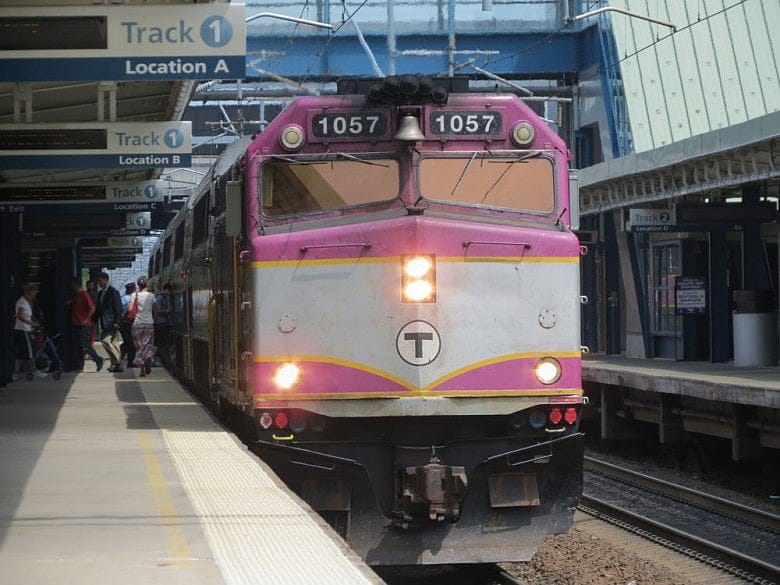MBTA still has room for improvement

On Saturday a week ago, some friends and I went to the Zac Brown Band concert at Fenway Park. My friends suggested that we take the Framingham/Worcester line of the Commuter Rail, as Yawkey station is less than 200 yards from the stadium. It seemed like an excellent idea, as we could ride in comfort and avoid the exorbitant parking fees around Fenway Park. So we boarded the train at 5:25 p.m., which was on time, and along with several hundred other people, we exited the train after a short ride of 25 minutes in good time to enjoy the atmosphere and get into the park.
The surprise on our trip was that no one took our tickets. It was a free ride. Everyone in our group had their mobile ticket app ready, but no conductor ever entered our car. It was a nice $6 gift for those of us on the train but the MBTA lost several thousand dollars in revenue from this oversight or MBTA inefficiency.

